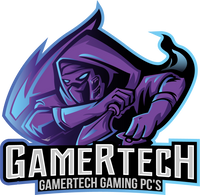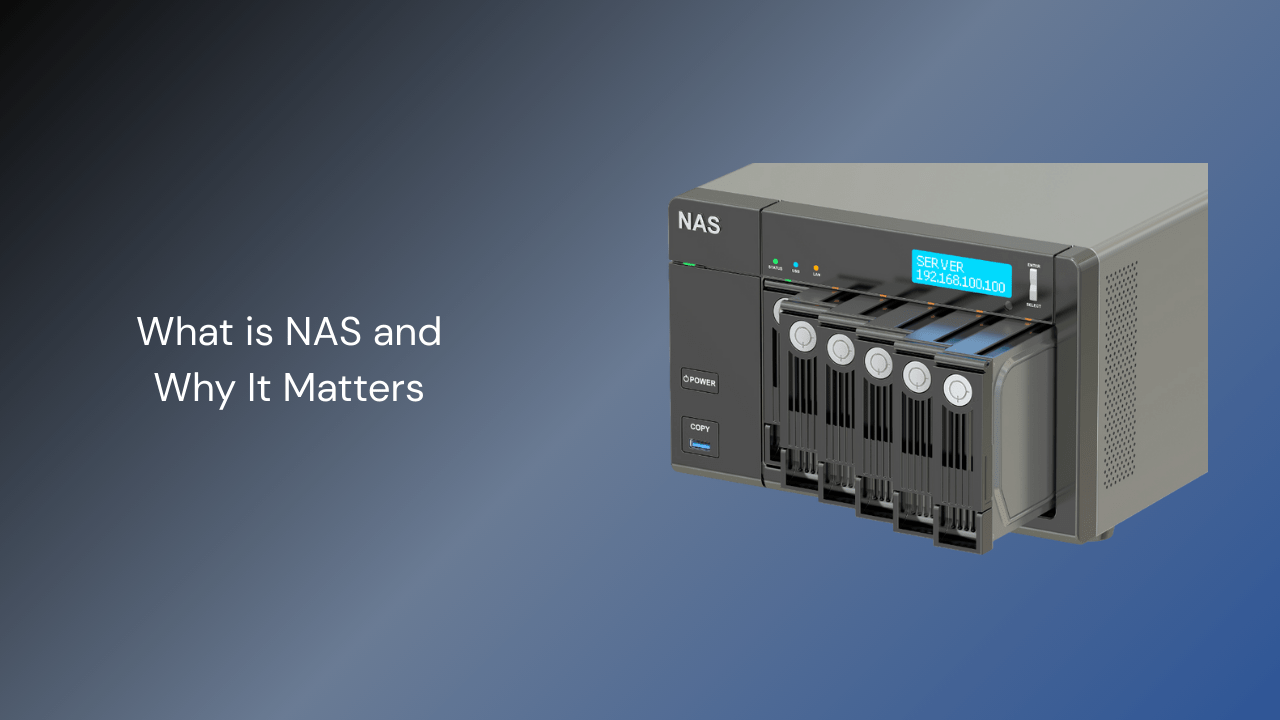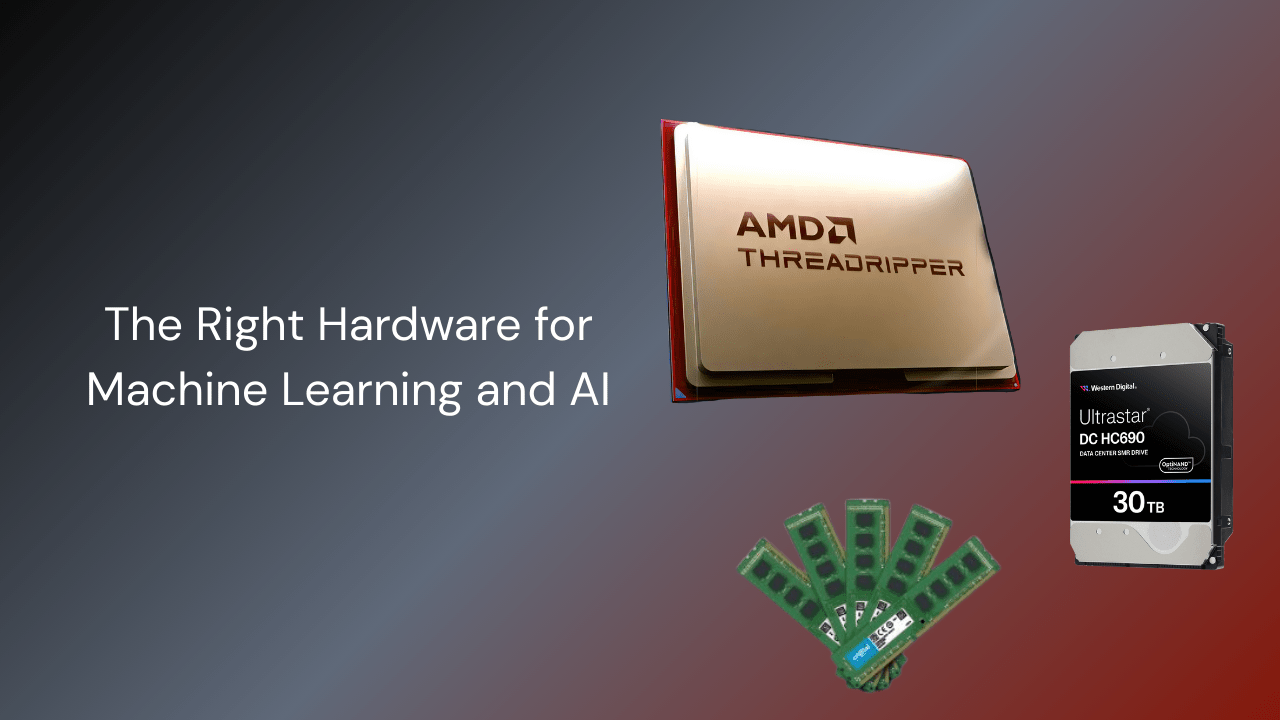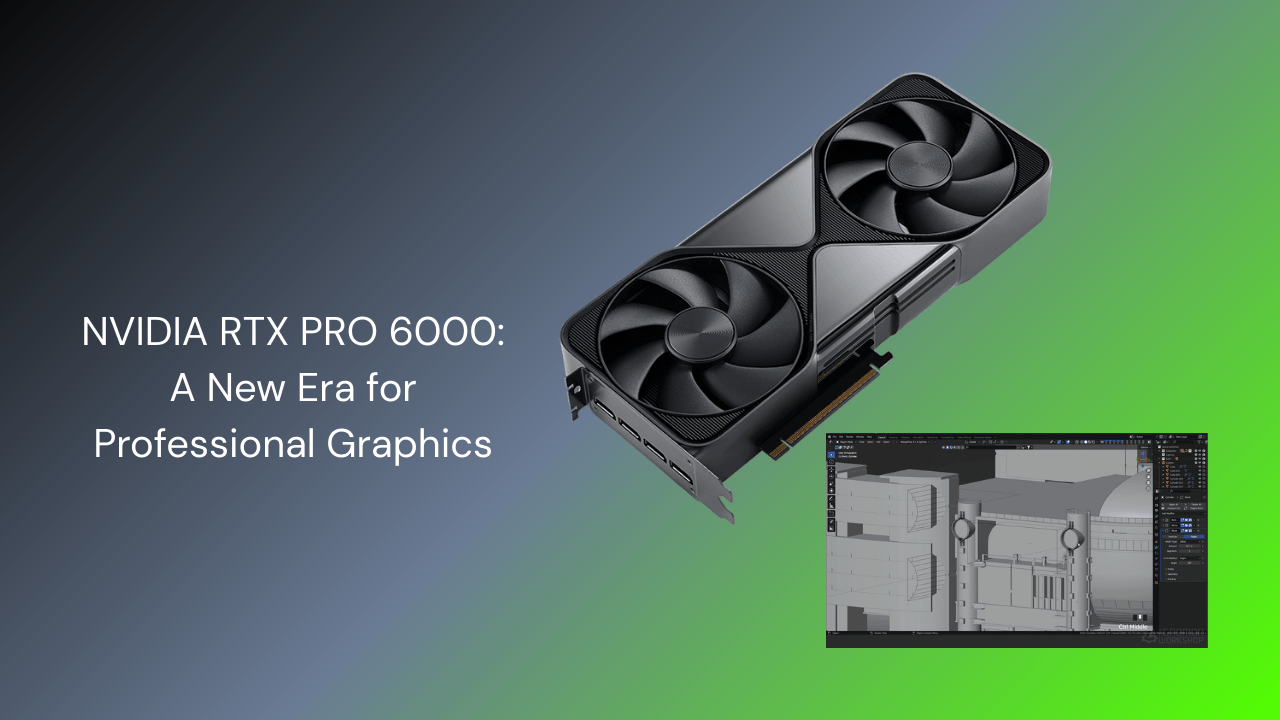Network-Attached Storage, or NAS, is a specialized system designed to provide shared file storage across a network. Instead of relying on each individual computer to store its own data, NAS acts as a central hub where multiple users and devices can access the same files in a secure and organized way. This makes it an invaluable tool for both personal use and business environments where collaboration and accessibility are essential.
NAS operates as a dedicated file server that connects directly to a local network. It comes with its own operating system that is optimized specifically for file sharing, storage management, and user access controls. Unlike a general-purpose server, a NAS device is streamlined for simplicity, offering a setup process and management tools that do not require advanced technical knowledge. Users can connect to it using common file-sharing protocols such as NFS, SMB, or AFP, making it compatible across different operating systems and devices.
The benefits of NAS go beyond convenience. By storing data in one central location, it simplifies collaboration by allowing everyone to work with the same files without needing to send copies back and forth. It also improves data security, since backups can be centralized and automated. Many NAS devices now offer remote access capabilities, giving users the ability to reach their files from anywhere with an internet connection. For households, this often means creating a personal cloud for storing photos, music, and important documents.
In professional environments, NAS is even more impactful. Creative teams can use it to store large media projects, companies can rely on it for regular data backups, and organizations can use it to host shared applications. Some advanced NAS solutions even integrate with cloud platforms, allowing businesses to combine local performance with the scalability and redundancy of the cloud. This hybrid approach is increasingly popular for disaster recovery planning and long-term data storage.
When comparing NAS to other storage technologies, it is important to consider the type of access needed. Direct-Attached Storage is connected to a single device, which limits its ability to be shared across multiple users. Storage Area Networks provide block-level access and are ideal for large-scale enterprise systems, but they come with higher costs and complexity. NAS strikes a balance by offering a cost-effective, easy-to-use system that excels at providing file-level access for multiple users simultaneously.
Here at GamerTech, we can create and quote custom NAS systems for both personal and professional use, ensuring you get a solution tailored to your storage and productivity needs. Learn more or start building your own today at GamerTech Workstations.



